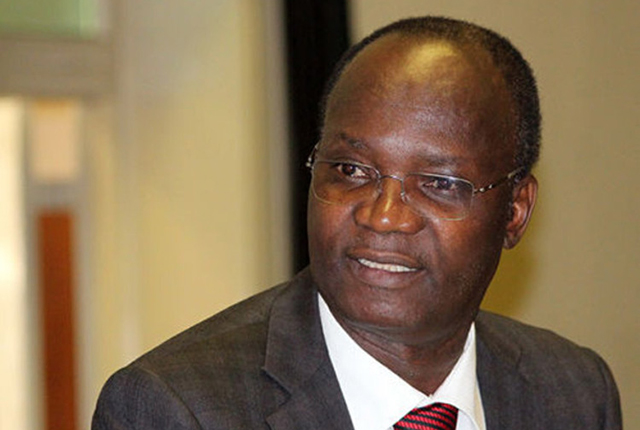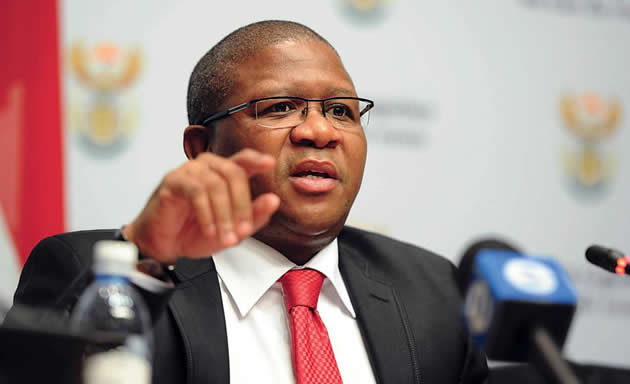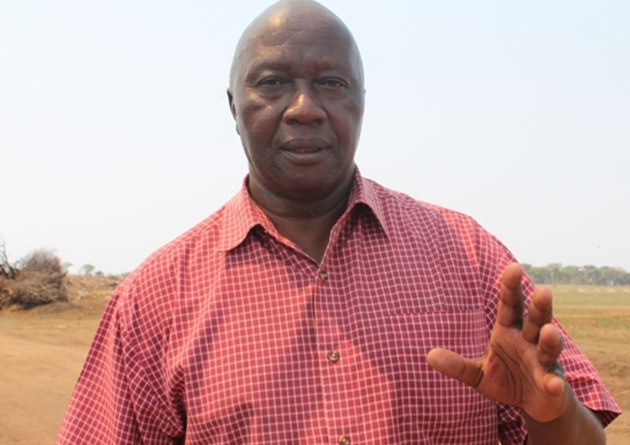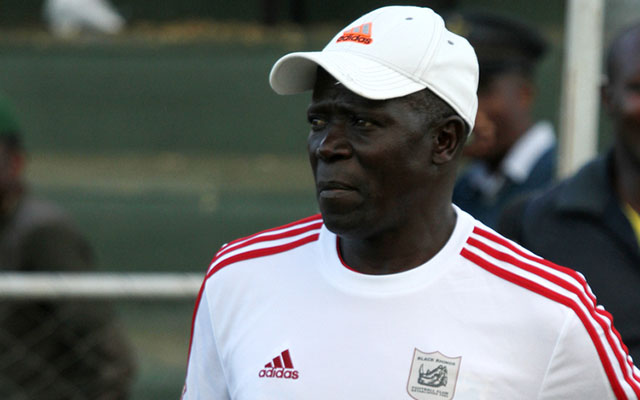The psychology of political Twitter

MY TURN with TICHAONA ZINDOGA
The intention of the piece is to suggest the present and continuing dangers that now repose in the world of communication, thanks to a wonderful tool called Twitter.
Hopefully, I do not fall into the trap of blowing it out of proportion just because somewhere in the world there is a Fikile Mbalula, a Donald Trump or even a Jonathan Moyo.It is a global phenomenon.
Some men and women have discovered, some quite lately in life, the amazing power of Twitter in talking to the world: and essentially talking to themselves most of the times, for that is the real problem now on our hands.
When you think of it, it is a manifest psychological issue which academics have since interested themselves trying to unpack.
It does not seem to be an easy task, but certain important suppositions have been made already.There is a relationship between certain people’s use of Twitter and their personalities and mental health.
You may start to think of President of the United States of America Donald J. Trump right down to Fikile Mbalula – South African Police Minister who recently torched a storm when he said that Zimbabwean military deserters were responsible for robberies in South Africa.
His matter is still hot and a lot of anger has issued from the Zimbabwean side.Rightly so.
Other observers have been mortified but not necessarily surprised.This is Fikile Mbalula, former ANC Youth League president and Sports Minister until just recently when he was redeployed to the Police Min- istry.
Mbalula has been known to make these outrages and picking public fights on the platform.They are called “twars” – Twitter wars.He has fought with Julius Malema, his former comrade at the ANCYL and now leader of the EFF.
In 2014 they had a nasty exchange in which he called Malema a hypocrite for his sartorial choices, namely that he chose to wear red overalls to Parliament and suits to court where he was facing charges of corruption.
He wound up, in the same year, when he appeared to suggest that South African athletes should be better than Kenyan athletes who “drown in the pool”.
A recent spat has involved Mbalula and popular sports presenter Robert Marawa as they clashed over South Africa’s failed bid to host the 2022 Commonwealth Games in Durban.The exchange degenerated quickly.
Mbalula charged that Marawa had a “gripe” and never believed that SA could host the prestigious event.Marawa clapped back saying: “I have no ‘gripe’ FYI. I have a different opinion. Different to u trying to get me fired from MetroFM, that’s a gripe.”
Mbalula: “Y will I want you get fired? Smh. You should have long BEEN fired I defended U. DON’T DIGRESS.”
It’s all in a day’s work for Mbalula.And when he recently got the Police Ministry, he carried with him his controversial streak on Twitter with contentious hashtags and statements.
An online magazine described him as having “landed on Twitter with characteristic bombast”, urging people to report crime to him.The publication avers that Mbalula “manages remarkably to juggle an energetic online life with his real-life duty as a servant of the people”.
Yet it has come at a price.
Aside of his public spats which are rather embarrassing and often speak lowly of him as a public official, things have been embarrassing for him as well.
In June last year a pornographic picture of a woman appeared on his account.Mbalula claimed that his account had been hacked.The psychology of Twitter
There is something deeply concerning about some users of Twitter and it suggests to us certain psychological issues, mainly on one hand people who think they are too smart and on the other those with ego and self-esteem issues.
For some of us who use that to interact with different audiences on that platform we are not lost to the trait of some individuals to try to appear smart and intelligent.
But then, it is often the case that some of the people are just hot air and genuine mental cases.But I am not an expert in that field.
Author Moses Ma has written quite helpfully on the subject, coming up with a treatise titled, “Understanding the Psychology of Twitter – The Psychological Functions that Twitter Fulfils”.
Among other cogent submissions he tells us that. “… the Twitter system acts to fill a deep psychological need in our society”.
He posits: “The unfortunate reality is that we are a culture starved for real community . . . Twitter aims primarily at social needs, like those for belonging, love, and affection. Relationships such as friendships, romantic attachments and families help fulfil this need for companionship and acceptance, as does involvement in social, community or religious groups.
“Clearly, feeling connected to people via Twitter helps to fulfil some of this need to belong and feel cared about. An even higher level of need, related to self-esteem and social recognition, is also leveraged by Twitter. Twitter allows normal people to feel like celebrities.”
He makes an even more appealing observation.
“At its worst,” says he, “Twitter is an exercise in unconditional narcissism — the idea that others might actually care about the minutiae of our daily lives. I believe that this phenomena of micro-celebrity is driven by existential anxiety. I twitter, therefore I am. I matter. I’m good enough, I’m smart enough, and, doggoneit, people like me!”
That is the real catch.
If we fail to mention the likes of Professor Jonathan Moyo and his frenzied tweeting – and be content with the safe reference to Mbalula and Trump, we would have done everyone a glaring and cowardly injustice.
There is scant doubt that the tweeting professor is one of the most controversial users in these parts – and has picked a fair share of wars for himself, including in defence of Zimbabwe.
But he has had a disturbing streak in which he as a whole Government minister has been seen to disparage national policy and, even more daringly, going against the advice of President Mugabe on sparing the use of social media in discussing party issues.
He does not back down, and he has provided us in the media with a lot of bites.
Sometimes you tend to believe he is lost to what Ma says is “digital crack that invariably turns you into a tweetker”.Or maybe there is an existential problem with him?
“Perhaps the key distinction lies in whether you are truly enjoying humanity’s meta-haiku, or is the motivation to twitter actually a fear of being alone?”
Ma describes this as “monophobia”.That cannot be discounted entirely in this era and regarding our poor politicians, especially of the empty, narcissistic kind!










Comments